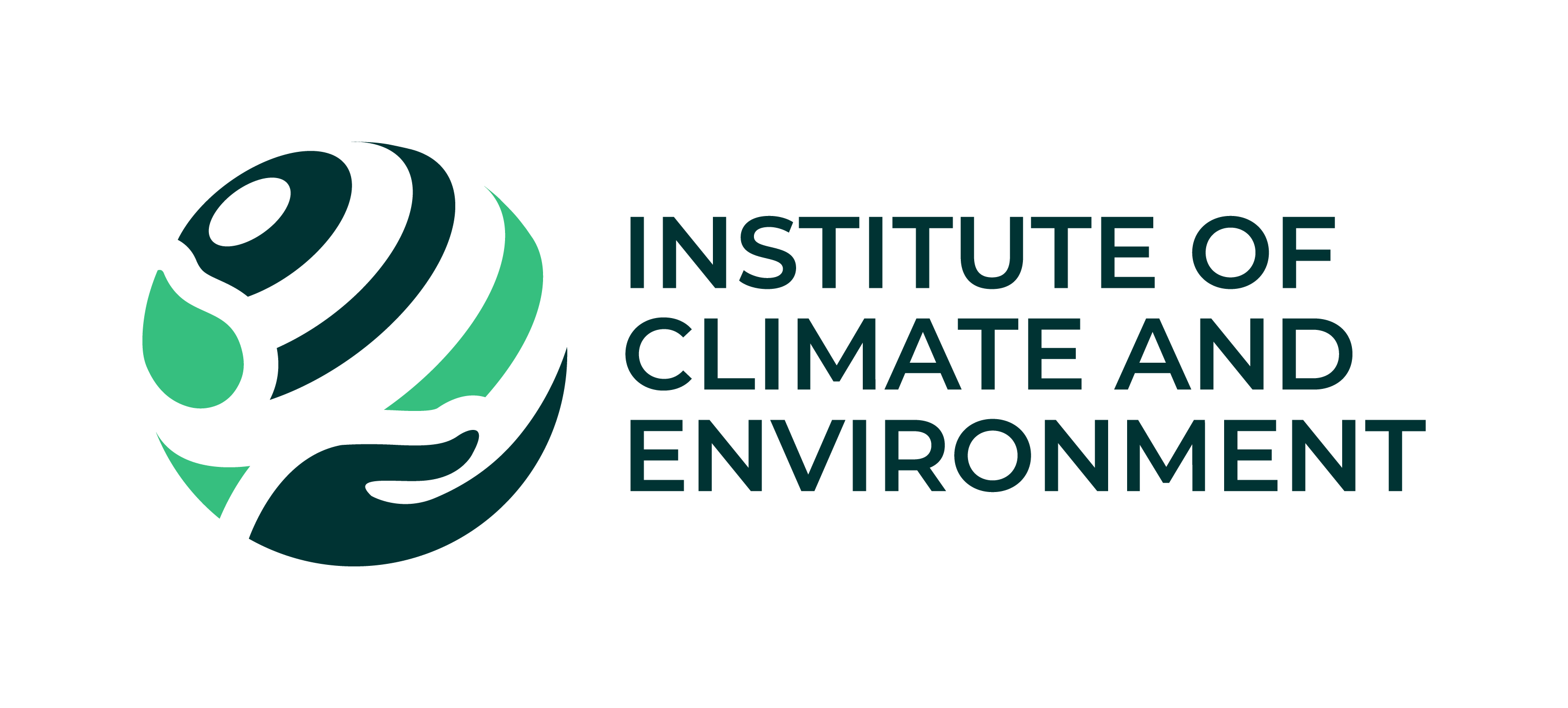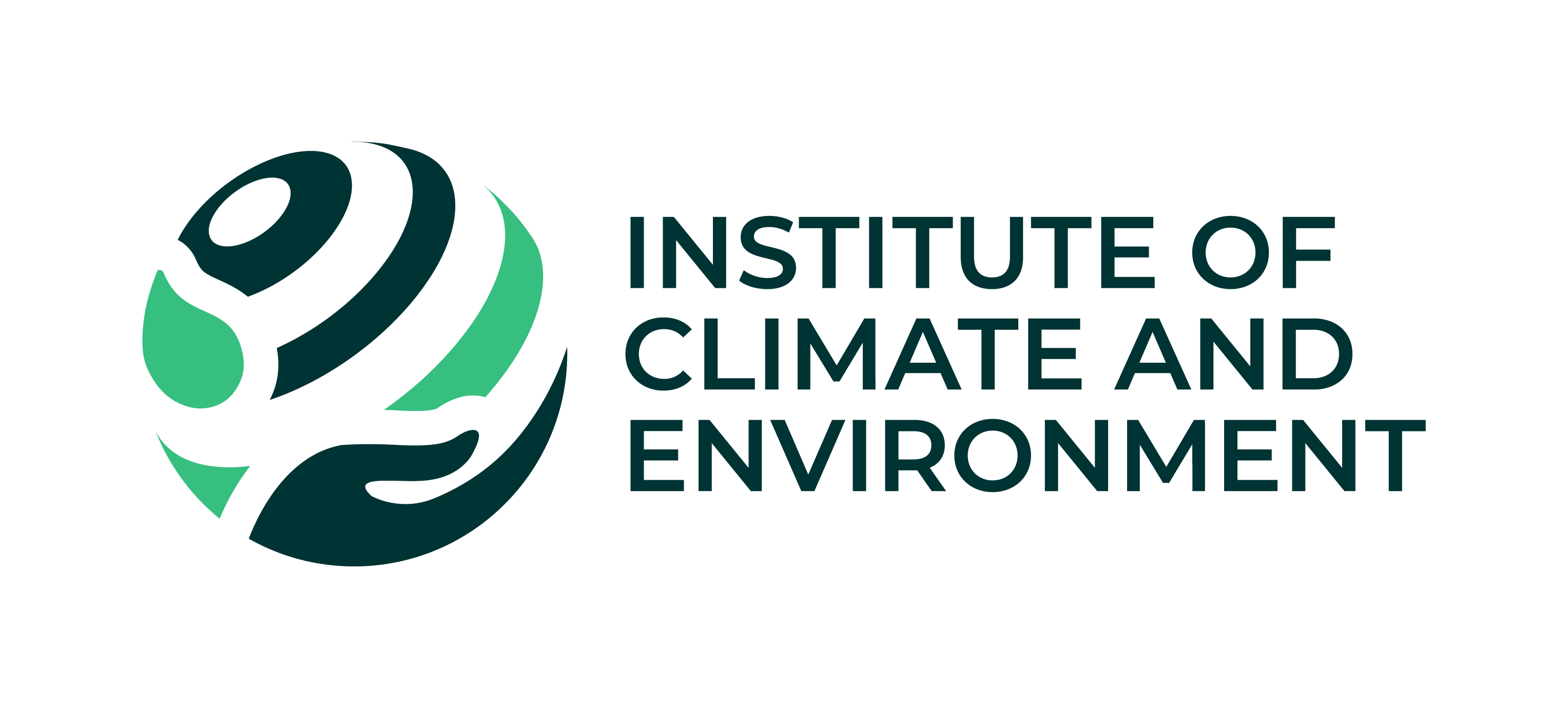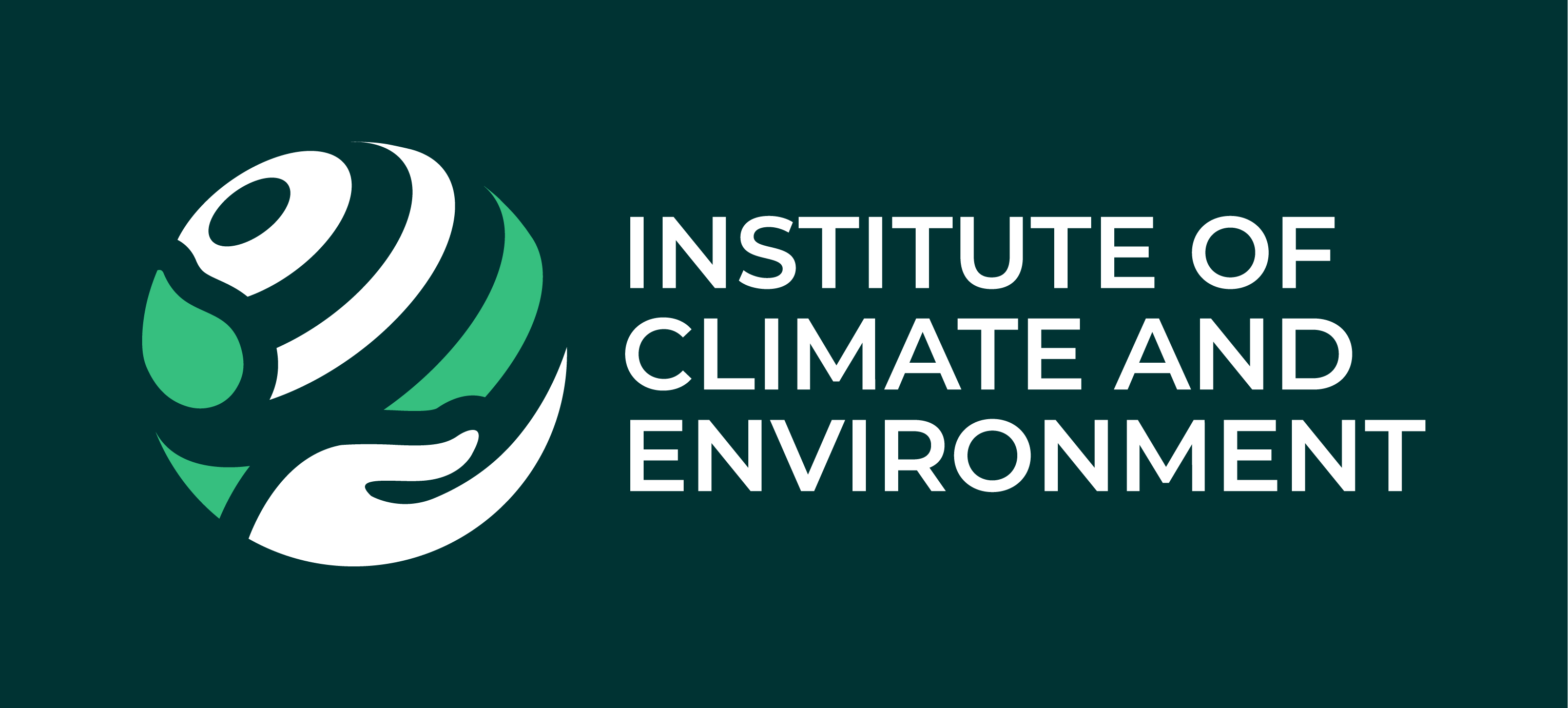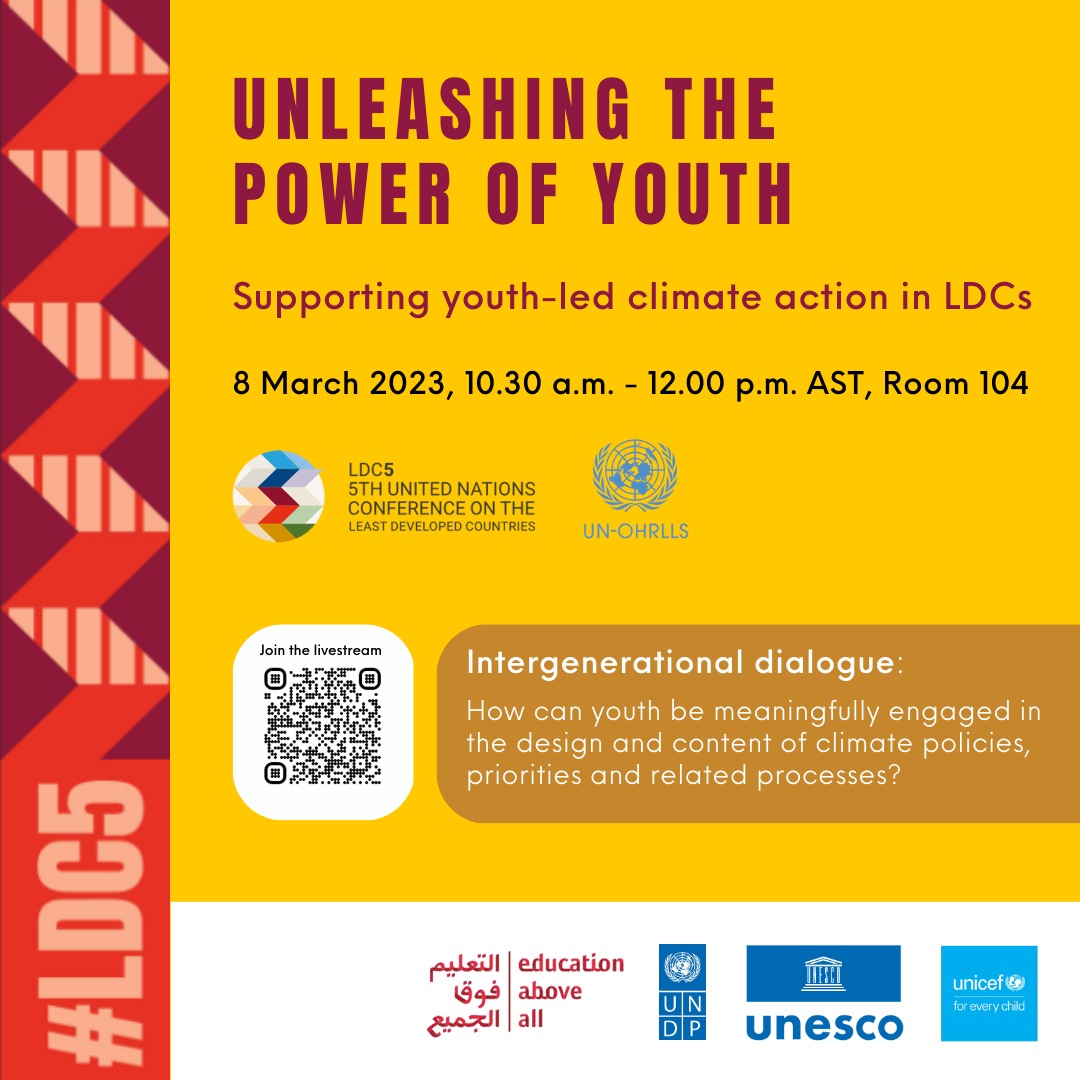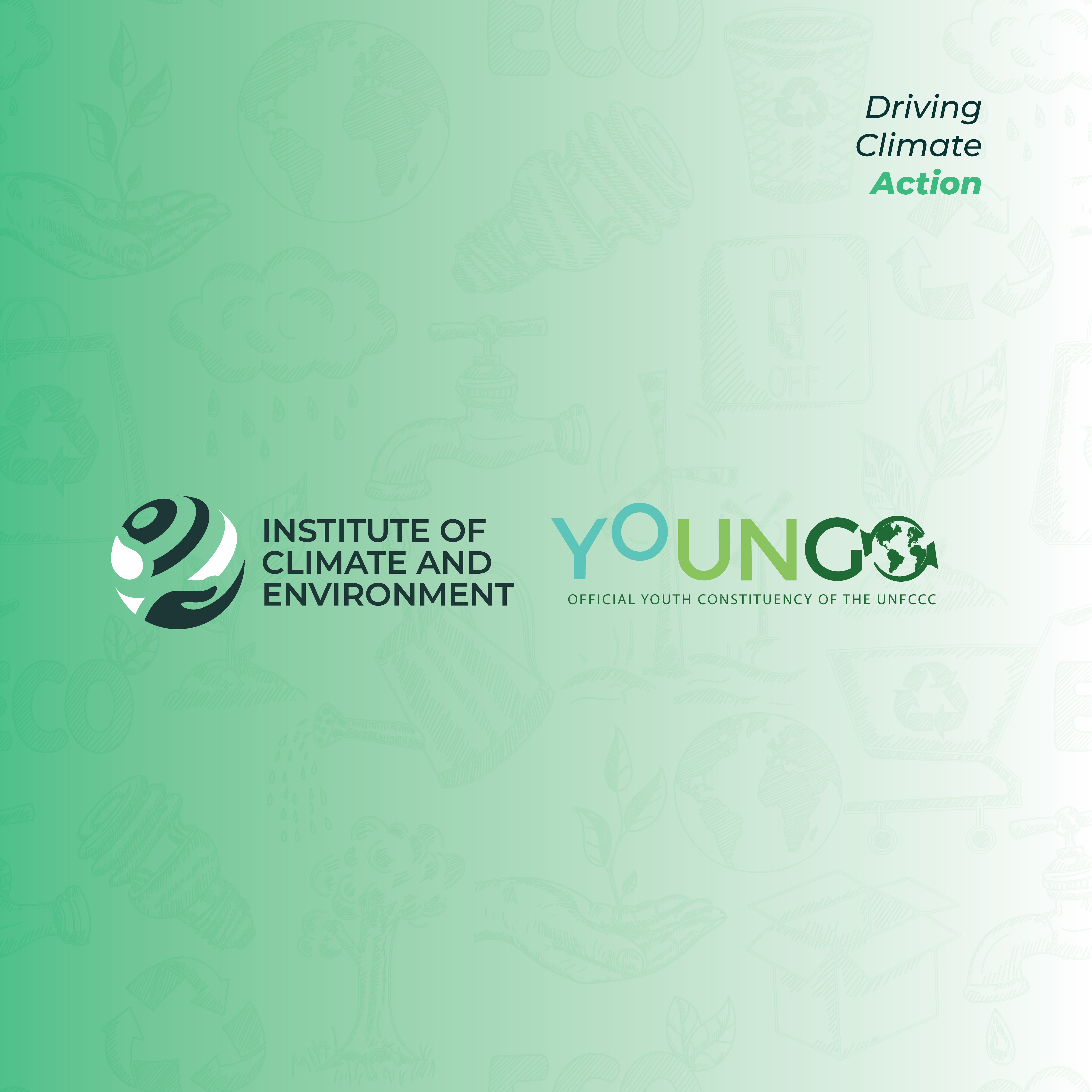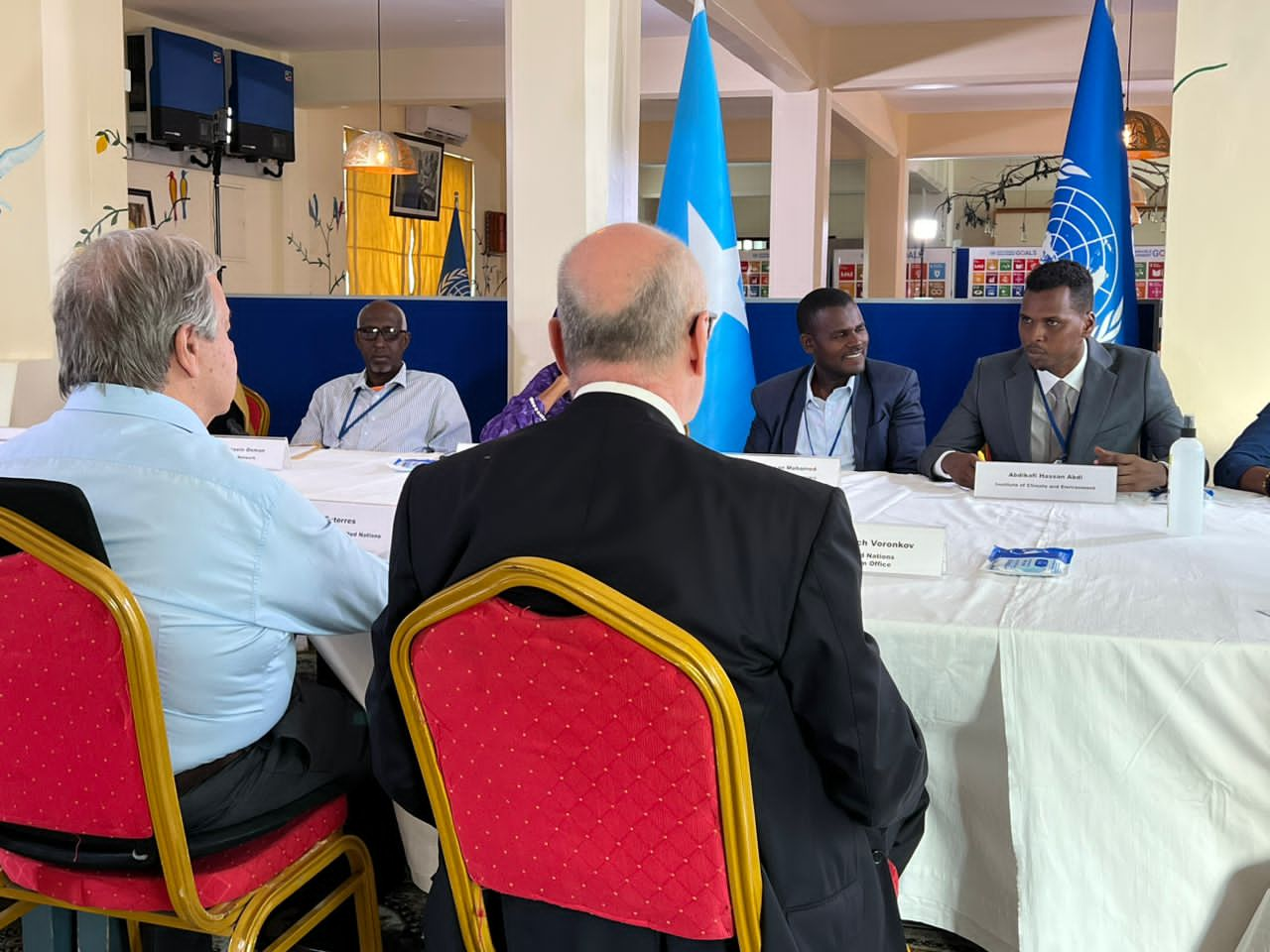
Senior UN Leadership visit in Somalia amid harsh environmental conditions
In the face of challenging environmental circumstances in Somalia, the United Nations (UN) senior leadership visited the country to evaluate the situation and provide the necessary assistance to the afflicted people. Somalia, which is considered the second most vulnerable country to the impacts of climate change, has limited adaptation capacity to cope with the negative repercussions of the environmental conditions. The country has been prone to recurring and frequent droughts and floods in the past three decades.
Since the livelihoods of the Somali people are highly reliant on agriculture and livestock production, prolonged droughts have led to food shortages, water scarcity, and livestock deaths. There are also human-caused environmental issues, including huge deforestation and land degradation. It is notable that these factors bring environmental scarcities that create communal conflicts or escalate existing ones. Also, water-related disputes became very common in the country’s rural areas during the dry seasons, resulting in enormous loss of human lives. On the other hand, floods have caused the destruction of people’s shelters and infrastructure, as we can observe in several regions in the south during the past month, which makes accessing basic services such as health care and education more difficult.
During his stay, the UN Secretary-General, Mr. Antonio Guterres, and distinguished delegates assessed the impacts of climate change on the vulnerable people displaced by adverse environmental conditions. Both droughts and flooding in Somalia cause the displacement of people, making the country home to a large population of climate refugees. The situation is further worsened by conflicts and insecurity, which have made it difficult to provide humanitarian assistance to those affected by environmental disasters. The international delegates observed how droughts and floods affect the nation’s agricultural and food security.
Alongside other civil society organizations, the Institute of Climate and Environment (ICE) of SIMAD University has been invited to brief Mr. Antonio Guterres about the nation’s current environmental challenges and climatic situations. We detailed our work and vision for the future towards contributing to climate-resilient Somalia. As our main work is to conduct cutting-edge research about the environment, we explained how the findings of our studies could be drawn from policy insights that guide the stakeholders, including the policymakers, international organizations and the wider community, to address the environmental issues in Somalia.
Even though the government has established a new “Ministry of Environment and Climate Change”, as well as the “Greener Somalia Initiative”, the country is more exposed to climate change due to low readiness by the institutions. Therefore, the ICE Institute has suggested to the senior delegates several ways that the UN could support the climate change initiatives of Somalia to help reduce the vulnerability of the varying environmental conditions. Through collaboration with the Somali government, the UN could provide technical and financial assistance in the adoption of climate-resilient agriculture practices, water management facilities, risk reduction capacities, including early warning and response systems, supporting capacity development programs for young people, funding climate adaptation and awareness-raising programs, as well as facilitating partnerships for impact.
